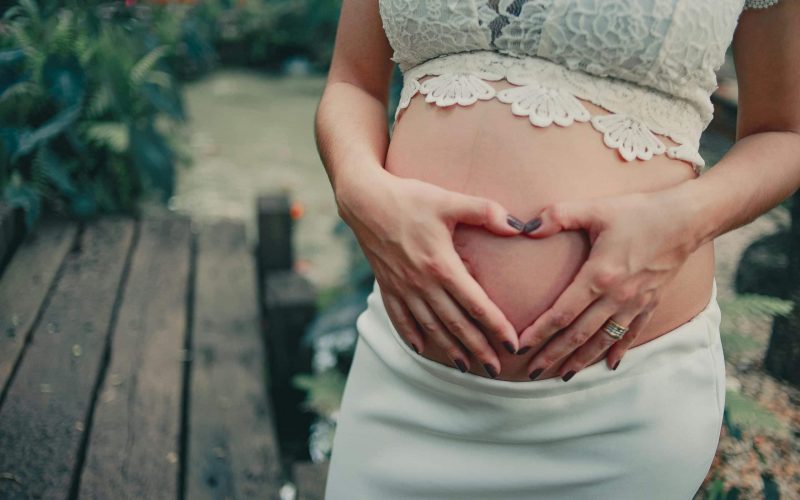Praying for Your Unborn Child: How Parents Prayer Can Make a Difference in the Health and Happiness of their Children is a 1989 book by the mother-daughter team of Rancis and Judith MacNutt. Praying for Your Unborn Child: How Parents Prayer Can Make a Difference in the Health and Happiness of their Children At 162 pages, this book is readable, and it is near a hot-button political issue. Francis and Judith MacNutt think that if enough couples start praying for their unborn children when they are pregnant, a revolution will take place. What might happen if pregnant mothers and expectant fathers learned to pray for their baby, even before its birth?
Summary of Praying for Your Unborn Child

Praying for Your Unborn Child: How Parents Prayer Can Make a Difference in the Health and Happiness of their Children is a great book. Francis MacNutt had written 6 books prior to this one, so he was an experienced author. This book has 12 chapters, the first 9 of which progress linearly through the pregnancy process. The is a testimony in the tenth chapter and two helpful appendices for expectant parents.
Abortion in America
Praying for Your Unborn Child: How Parents Prayer Can Make a Difference in the Health and Happiness of their Children is not about abortion, but it is impossible to read about unborn children and not think about this political issue. In the United States, abortion is a divisive issue in politics and culture, though a majority of Americans support access to abortion. Abortion laws vary widely from state to state. This issue is so contentious that the author was motivated to write a book about Presidential Elections by candidate Kamala Harris (who pledged to make abortion legal nationally), in 3 months!
From the American Revolution to the mid-19th century, abortion was not a controversy in the United States. Connecticut was the first state to regulate abortion in 1821; it outlawed abortion after quickening, the moment in pregnancy when the pregnant woman starts to feel the fetus’s movement in the uterus, and forbade the use of poisons to induce one post-quickening. Many states subsequently passed various laws on abortion until the Supreme Court of the United States’ decisions of Roe v. Wade and Doe v. Bolton decriminalized abortion nationwide in 1973.
The Roe decision imposed a federally mandated uniform framework for state legislation on the subject. It also established a minimal period during which abortion is legal, with more or fewer restrictions throughout the pregnancy. Oddly, Evangelical Christians were initially generally either supportive or indifferent to Roe, but by the 1980s began to join anti-abortion Catholics to overturn the decision.
That basic framework, modified in Planned Parenthood v. Casey (1992), remained in place, although the availability of abortion varied significantly from state to state. Casey held that a law could not place legal restrictions imposing an “undue burden” for “the purpose or effect of placing a substantial obstacle in the path of a woman seeking an abortion of a nonviable fetus. ”
In December 2021, the Food and Drug Administration legalized the telemedicine provision of medication abortion pills with delivery by mail. In 2022, Roe and Casey were overturned in Dobbs v. Jackson Women’s Health Organization, ending protection of abortion rights by the United States Constitution and allowing individual states to regulate any aspect of abortion.
Conclusion
That is a quick history of Abortion in the United States. Praying for Your Unborn Child: How Parents Prayer Can Make a Difference in the Health and Happiness of their Children is not about this contentious issue, but it is not possible to think, or pray for, unborn children without thinking of this issue. Praying for Your Unborn Child: How Parents Prayer Can Make a Difference in the Health and Happiness of their Children is about how prayer from parents can help unborn children. It is well-known that prayer can be helpful for sick people, and it is not surprising that the MacNutt’s find support for the notion that prayer can help unborn children.








